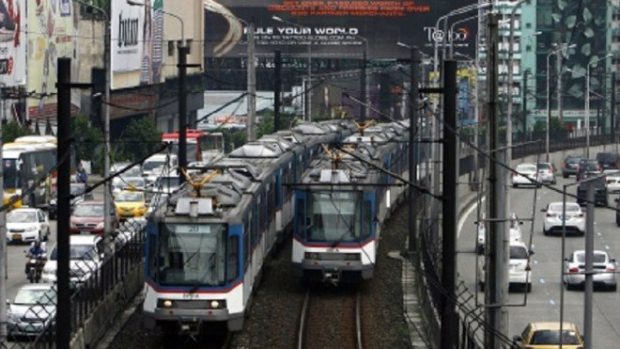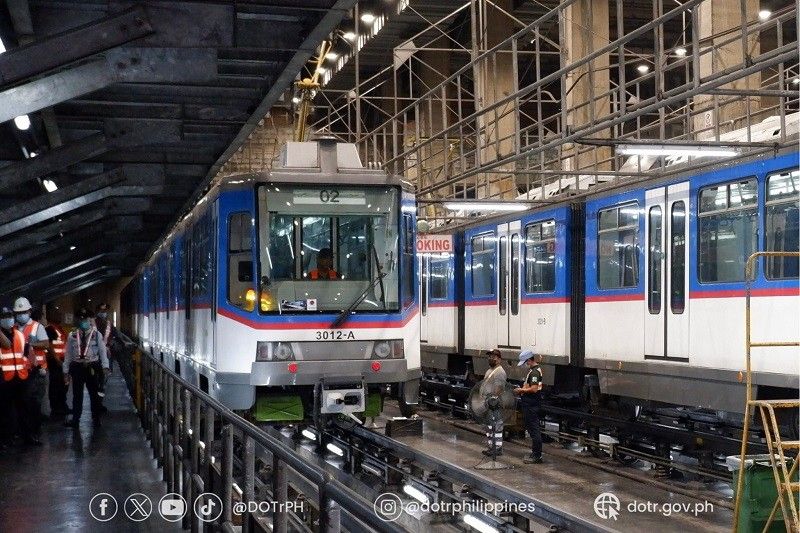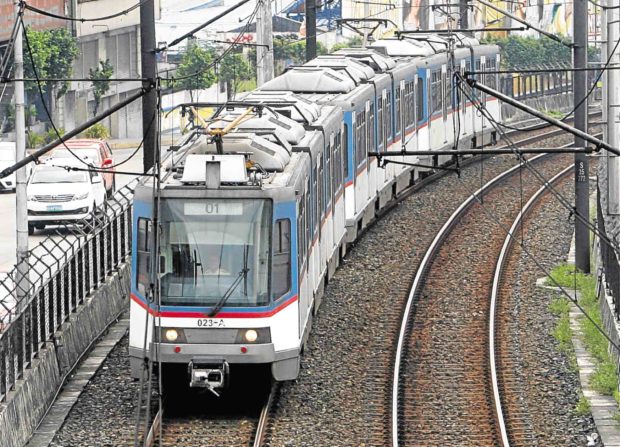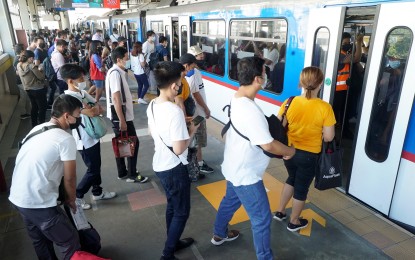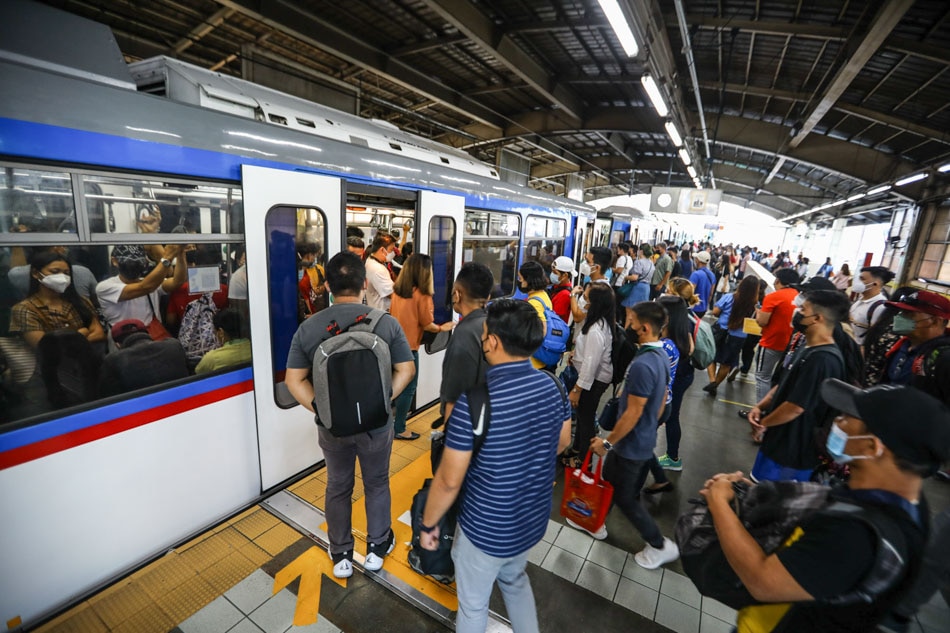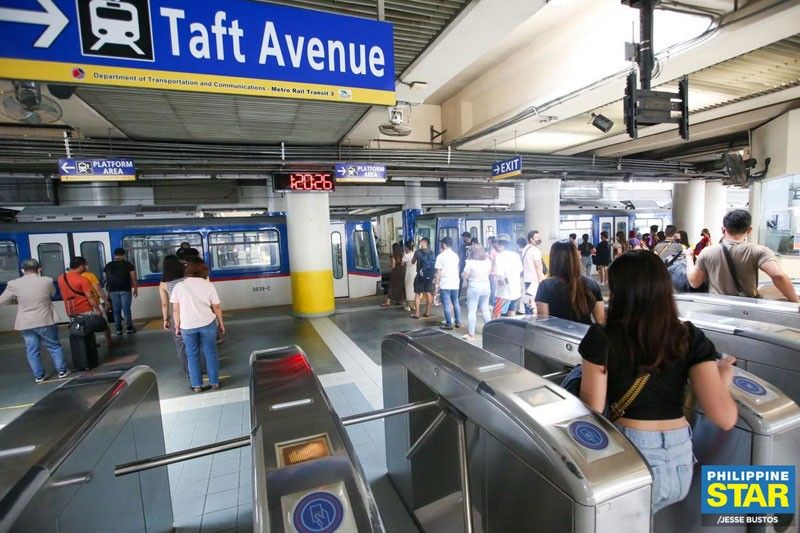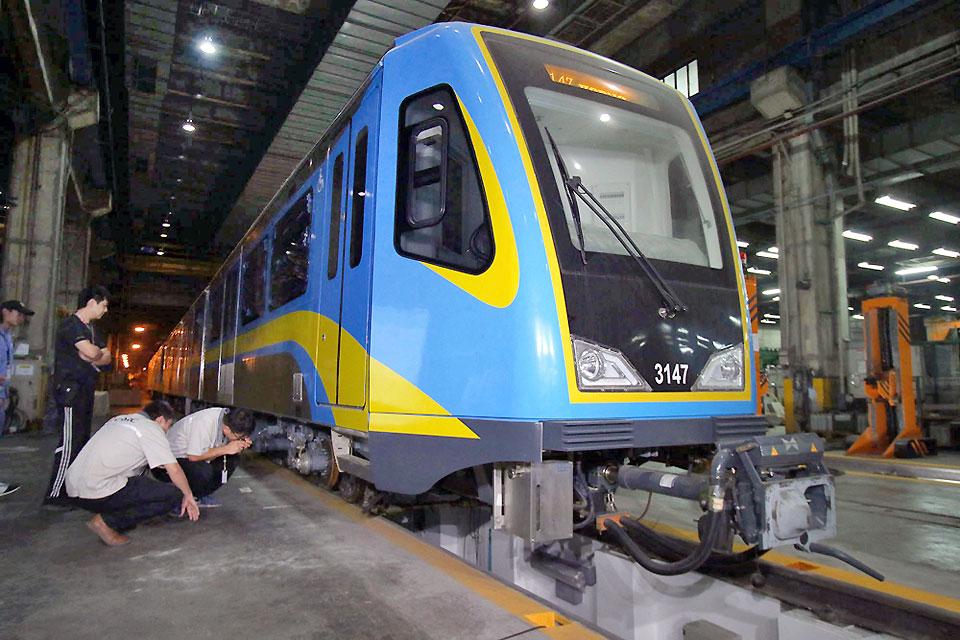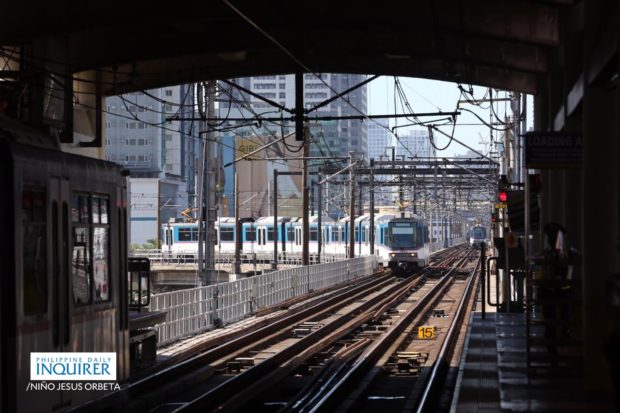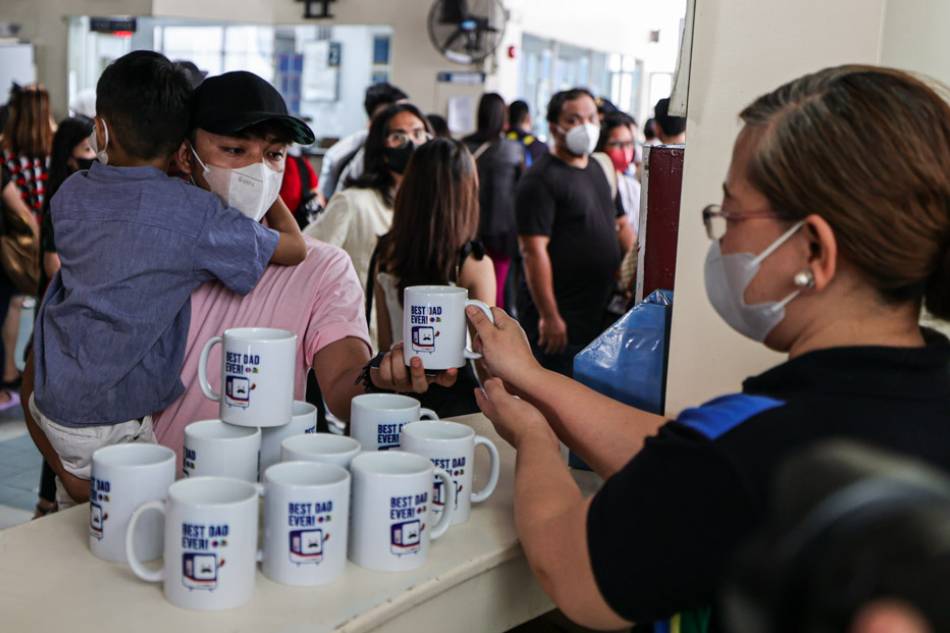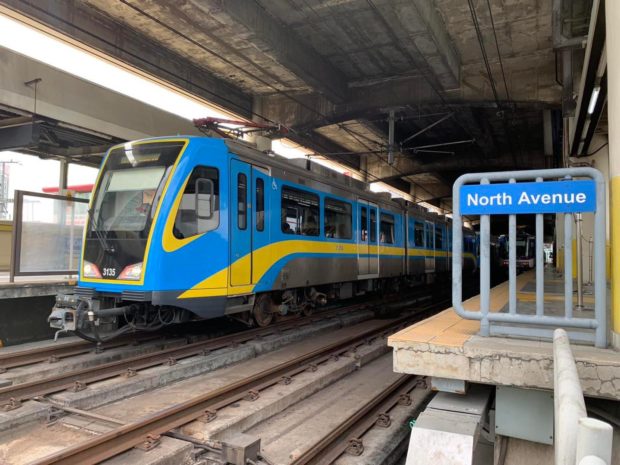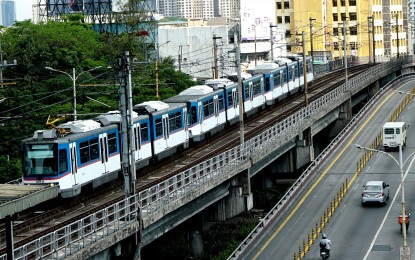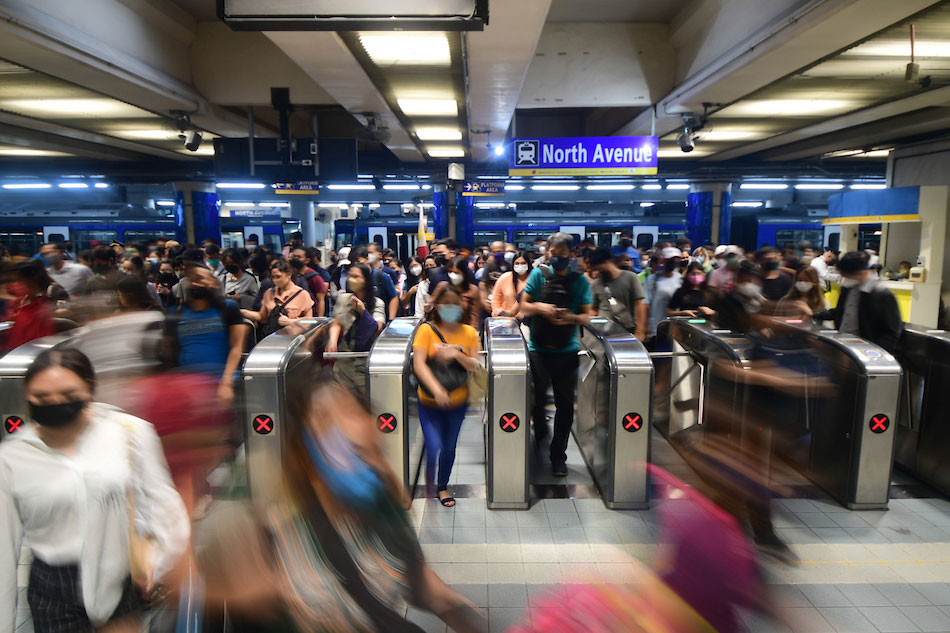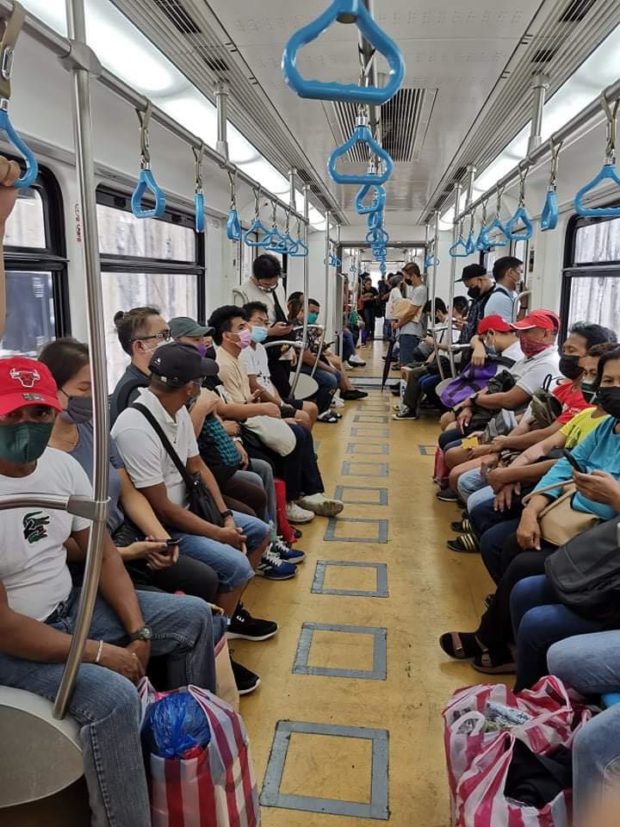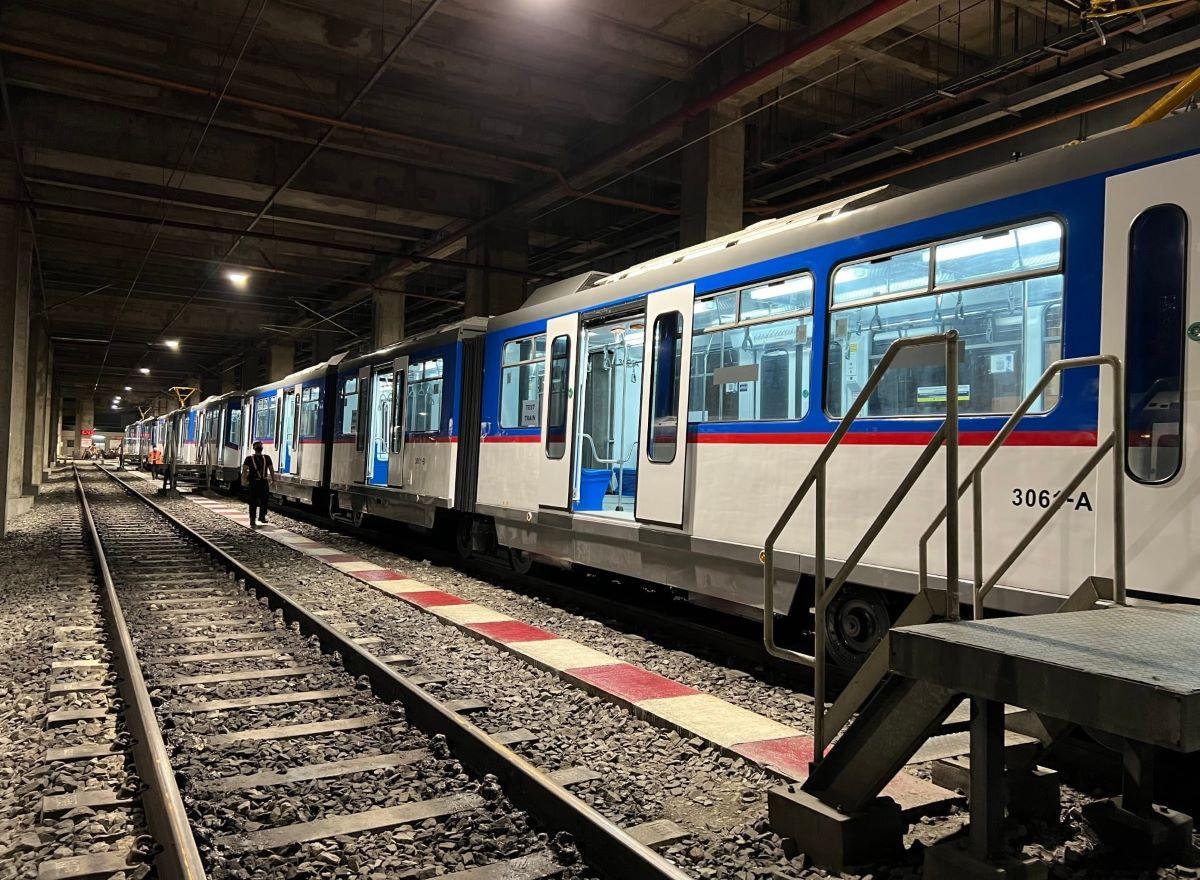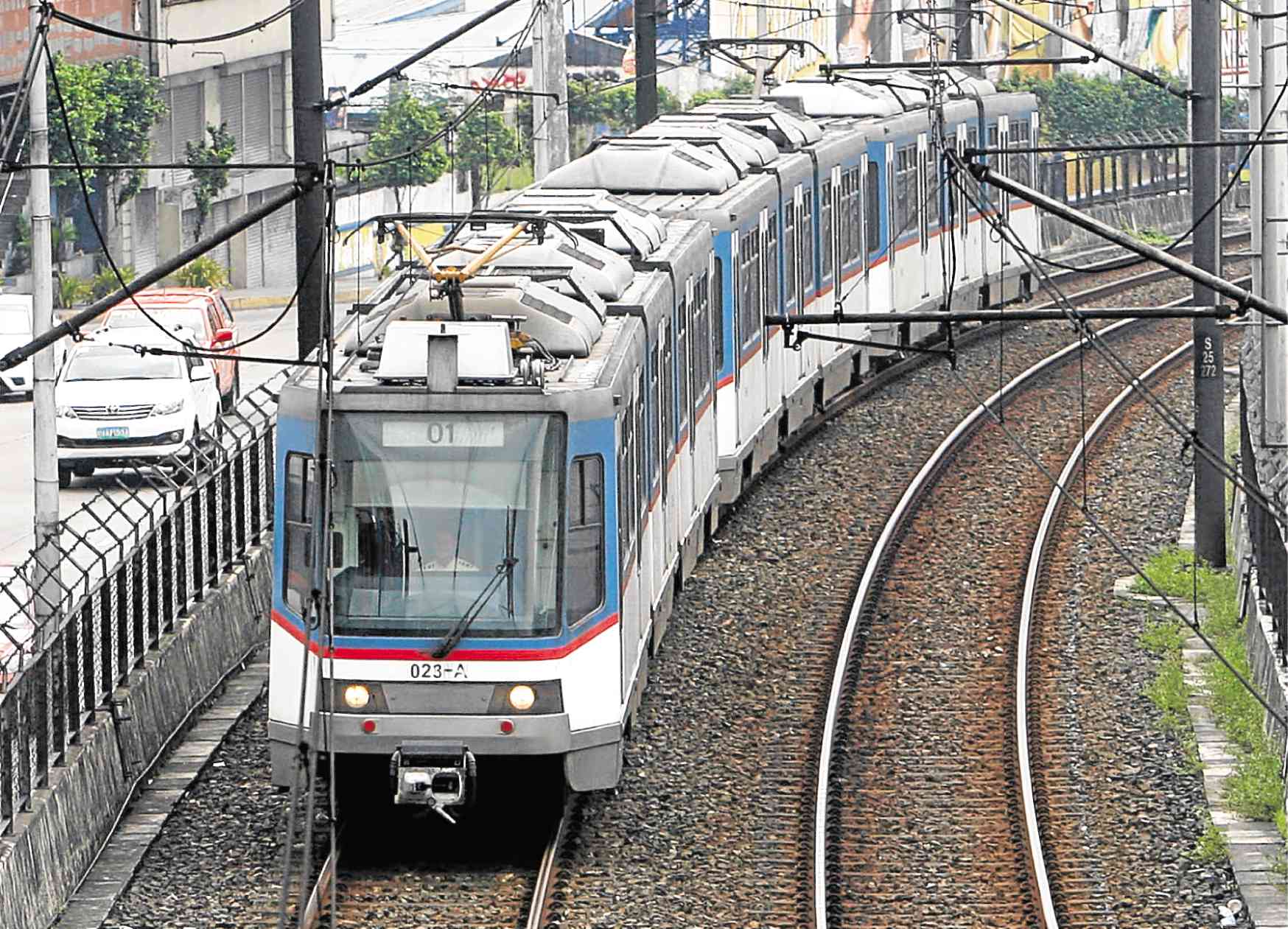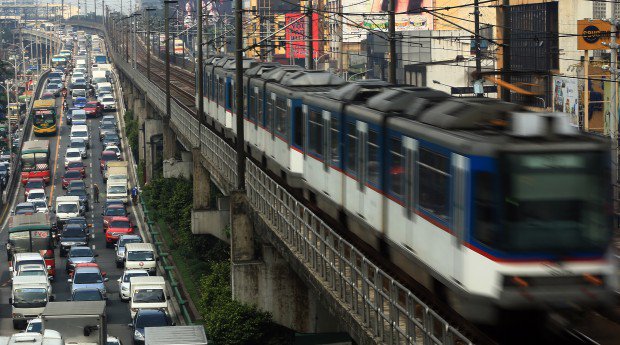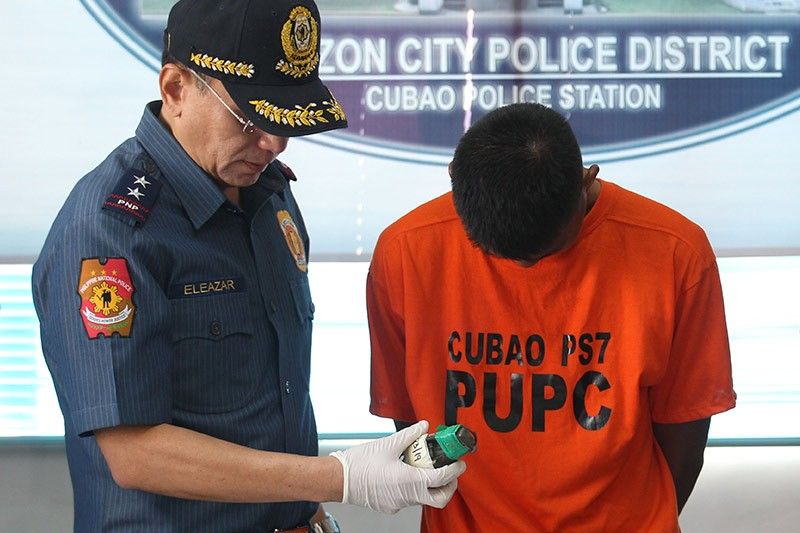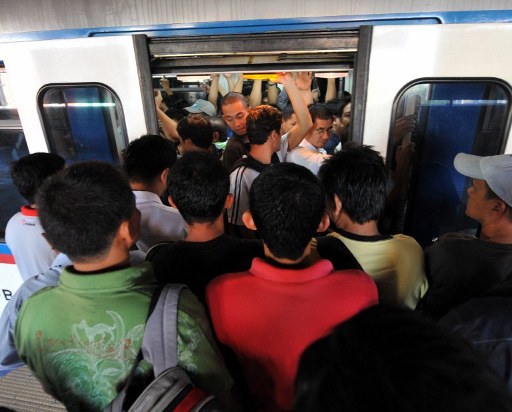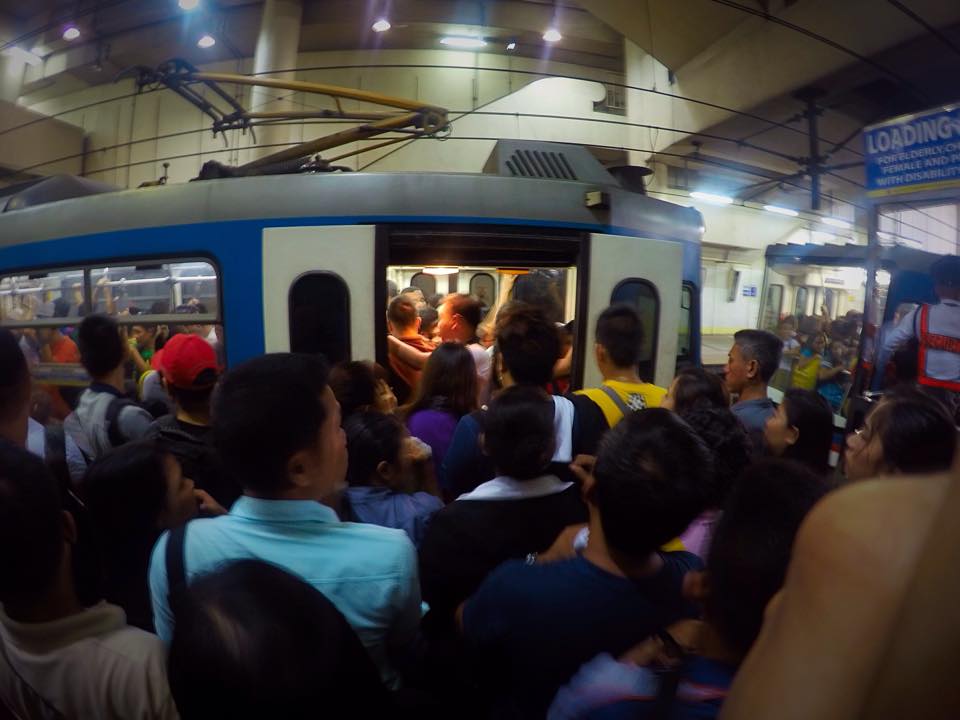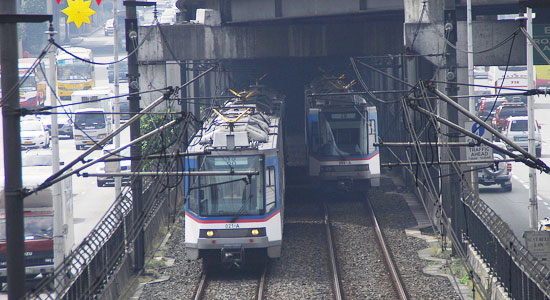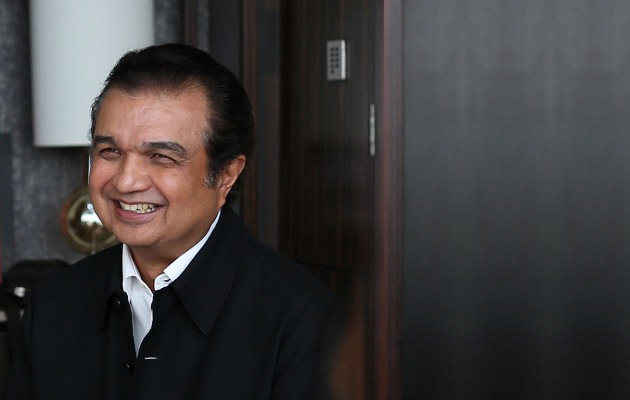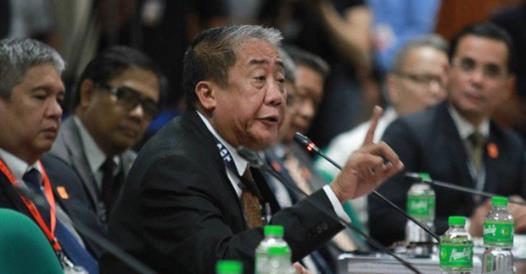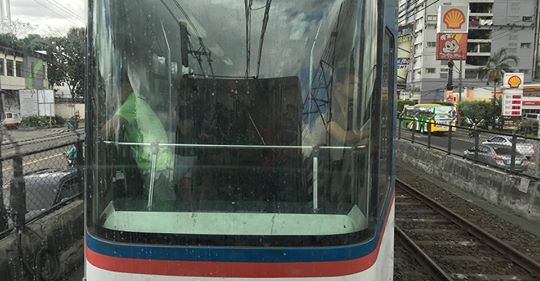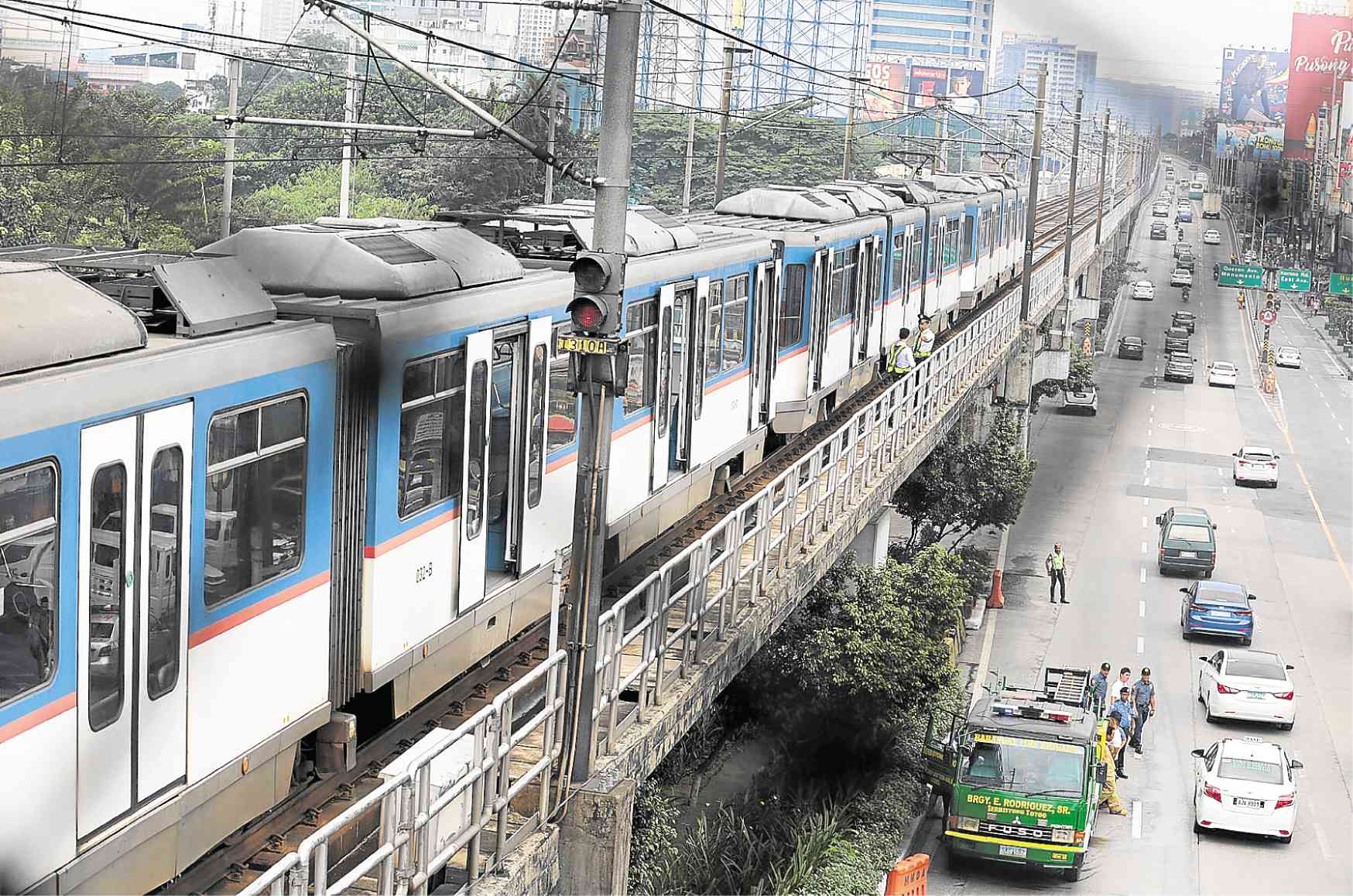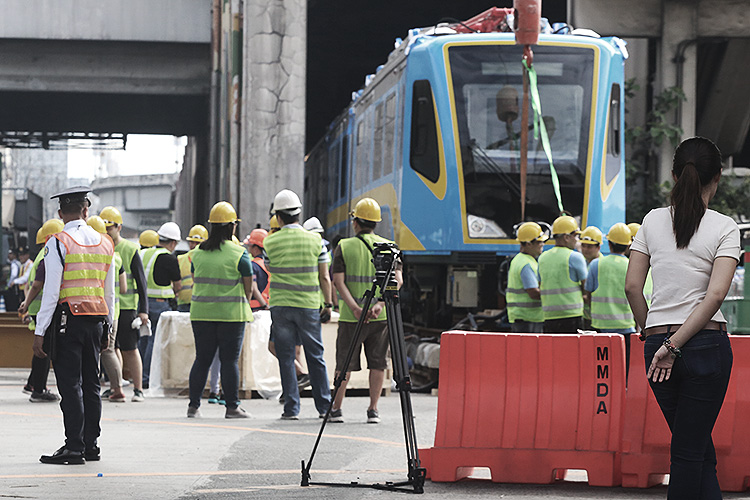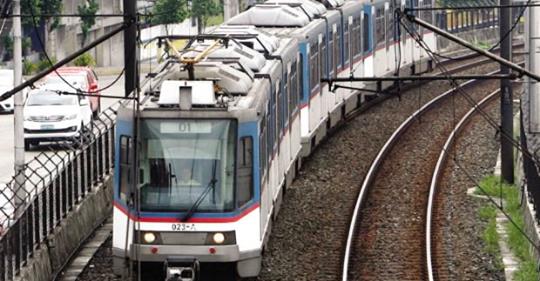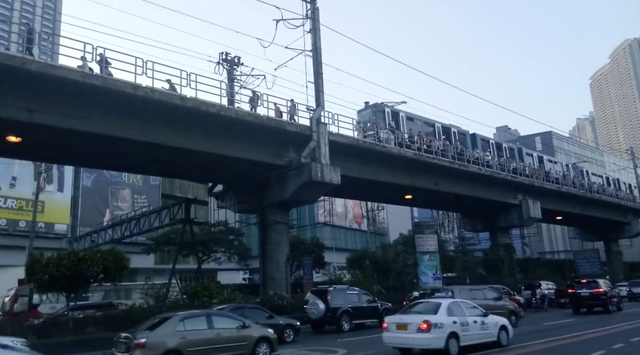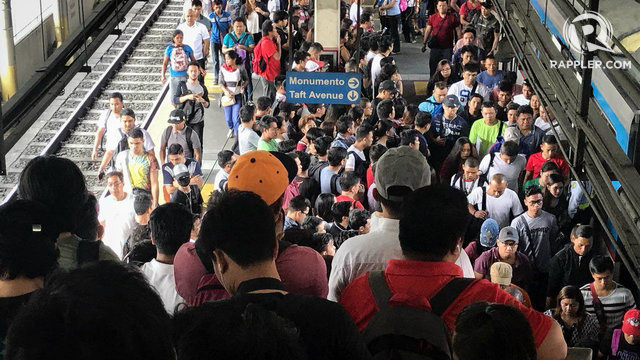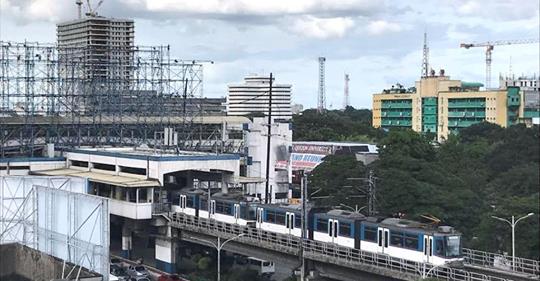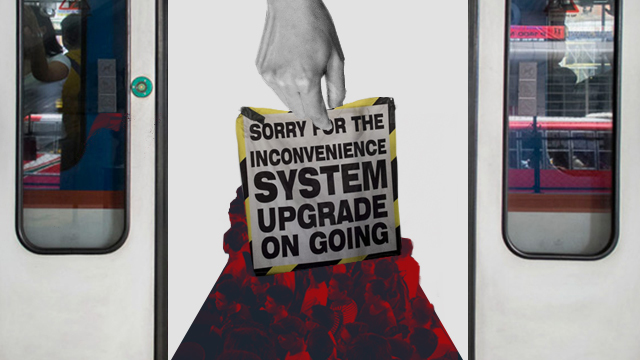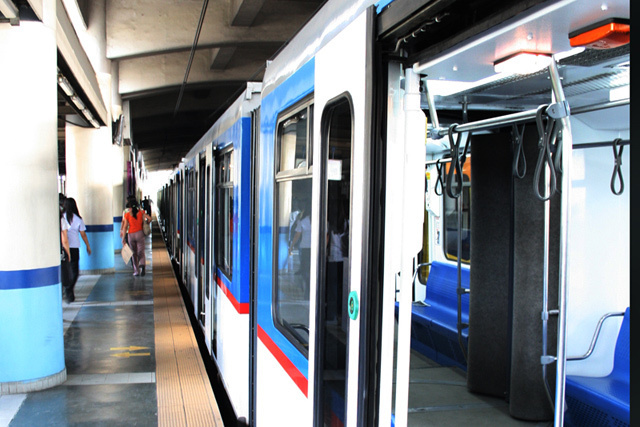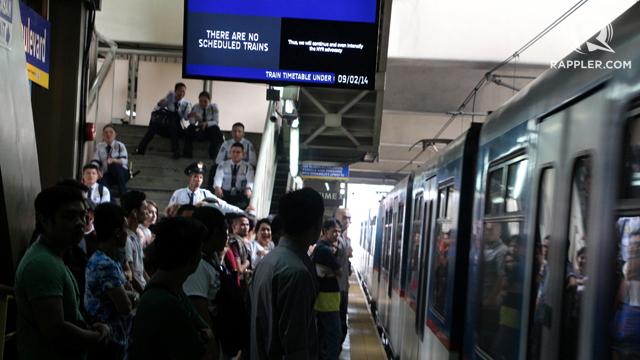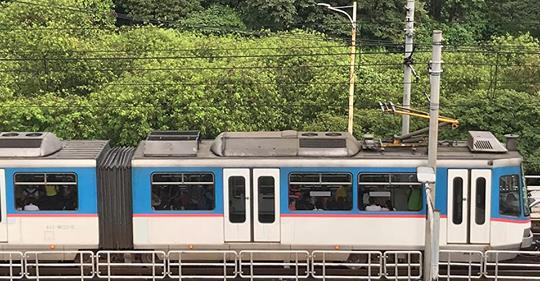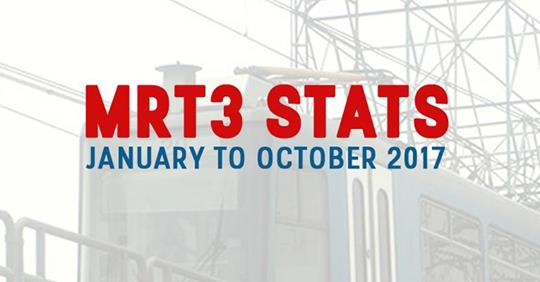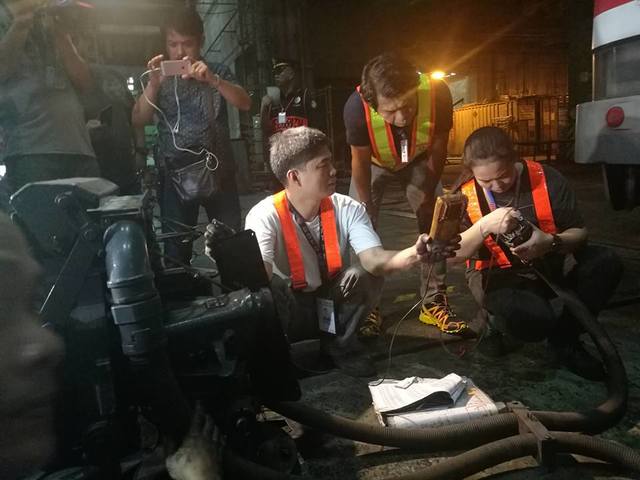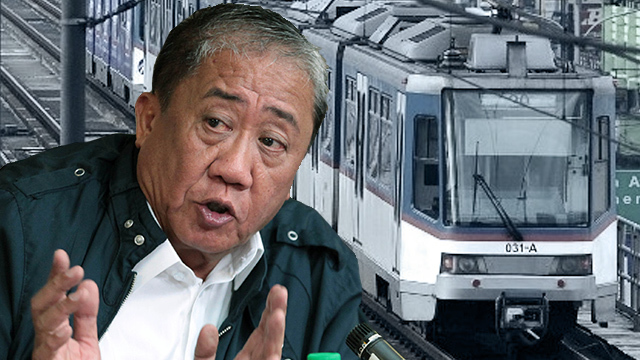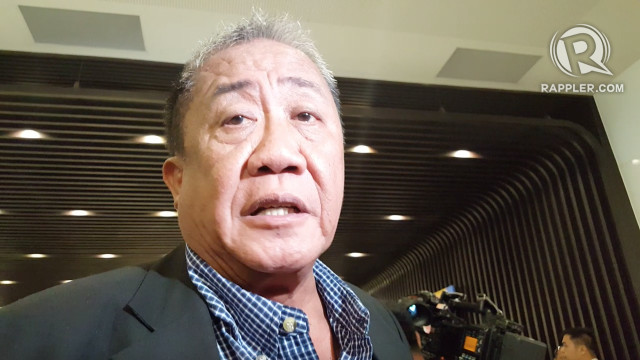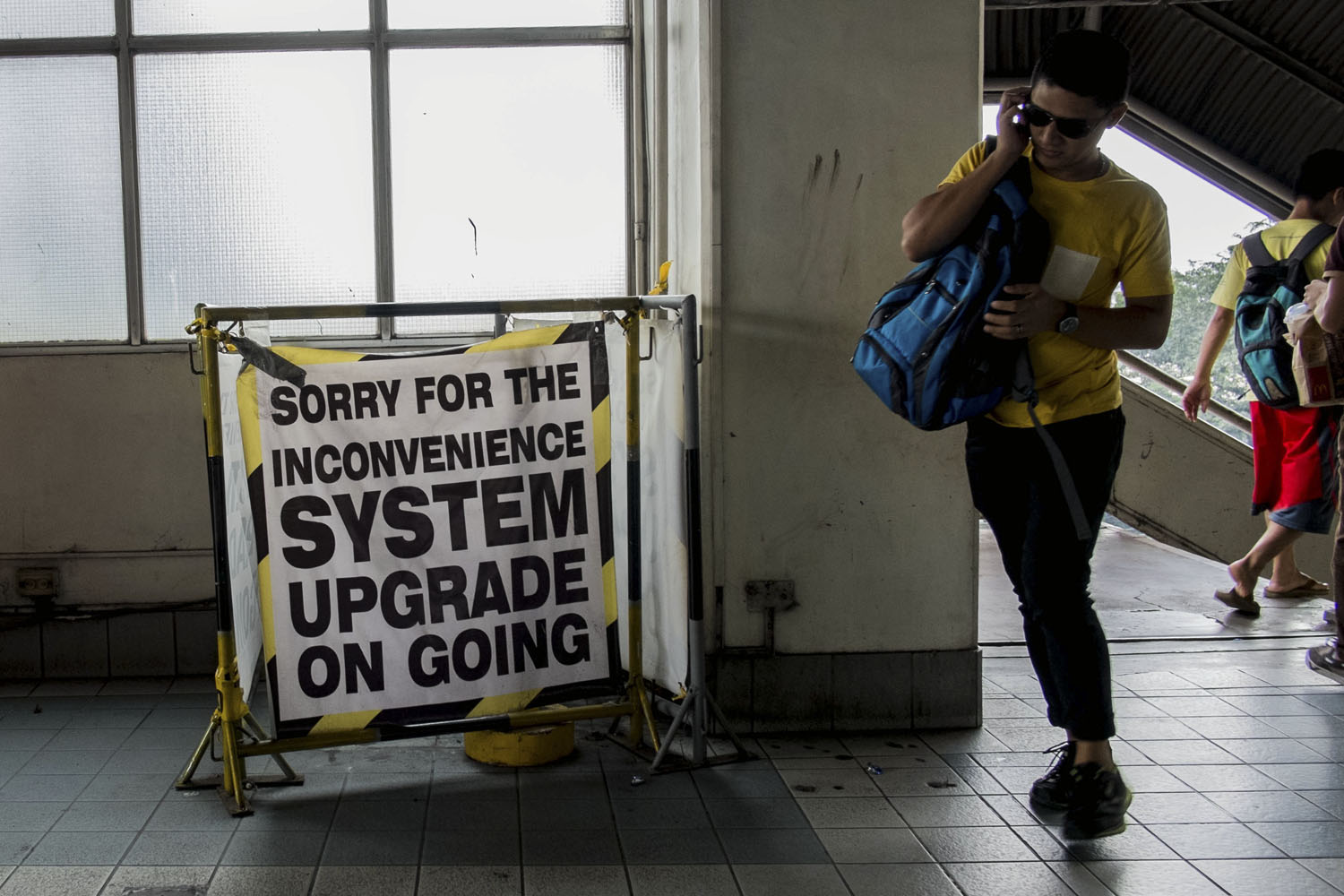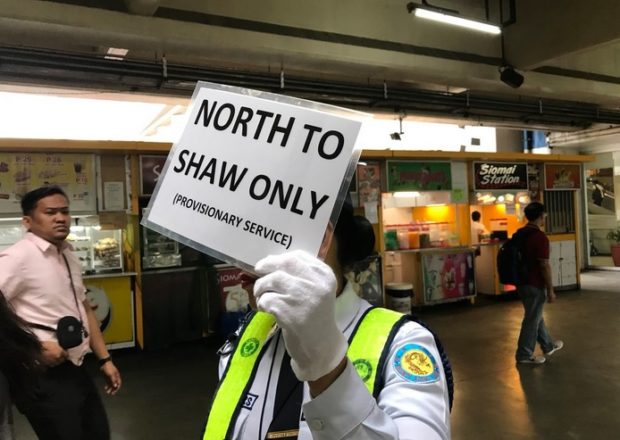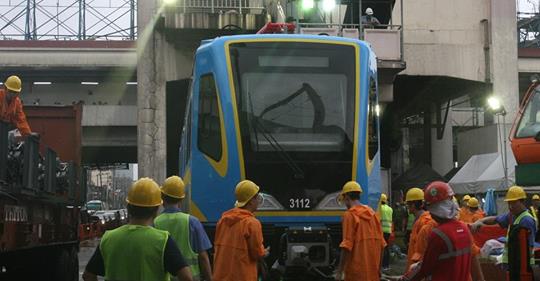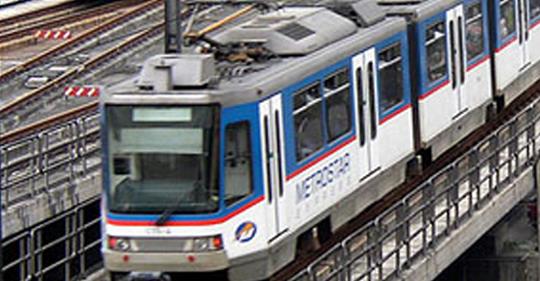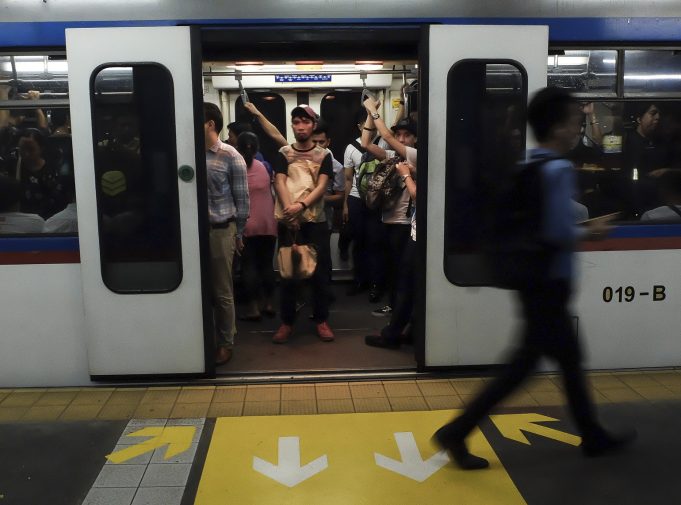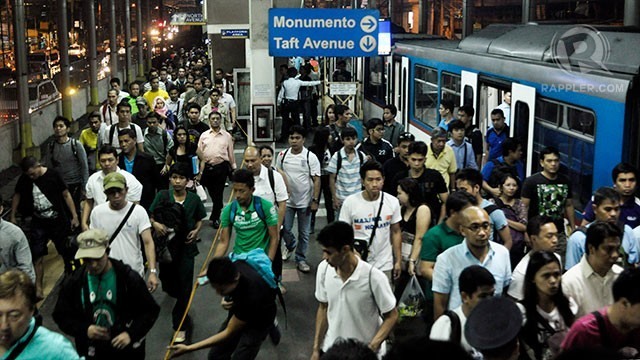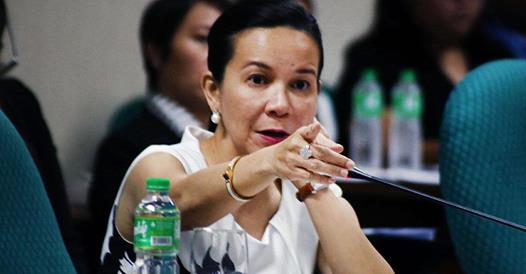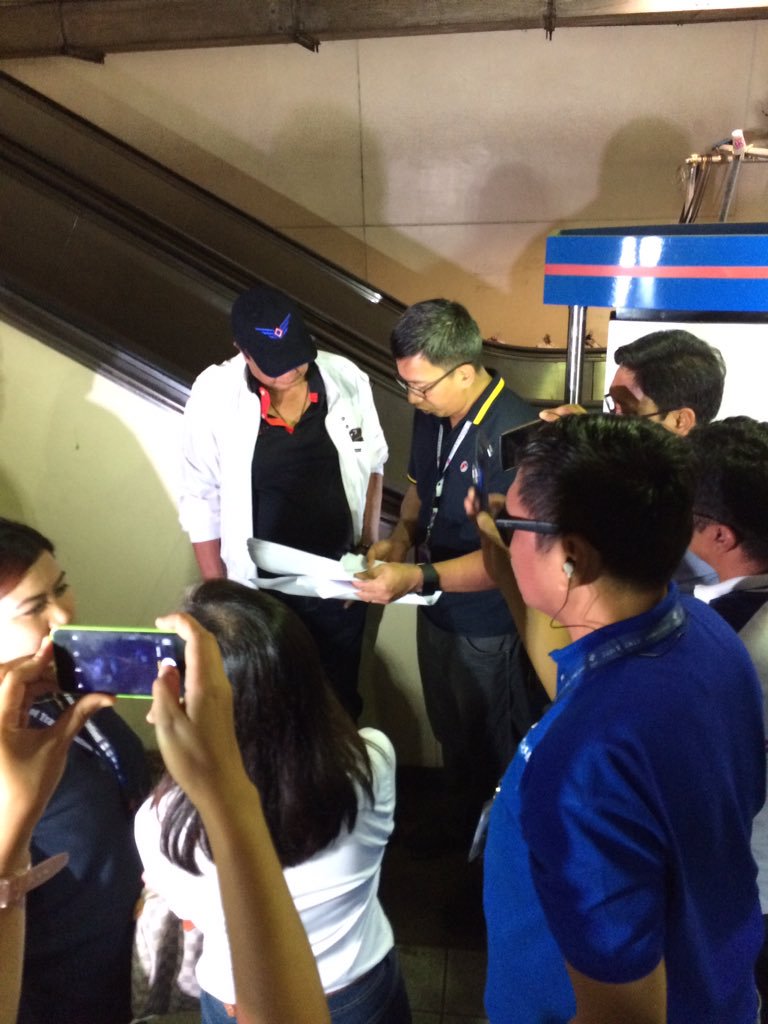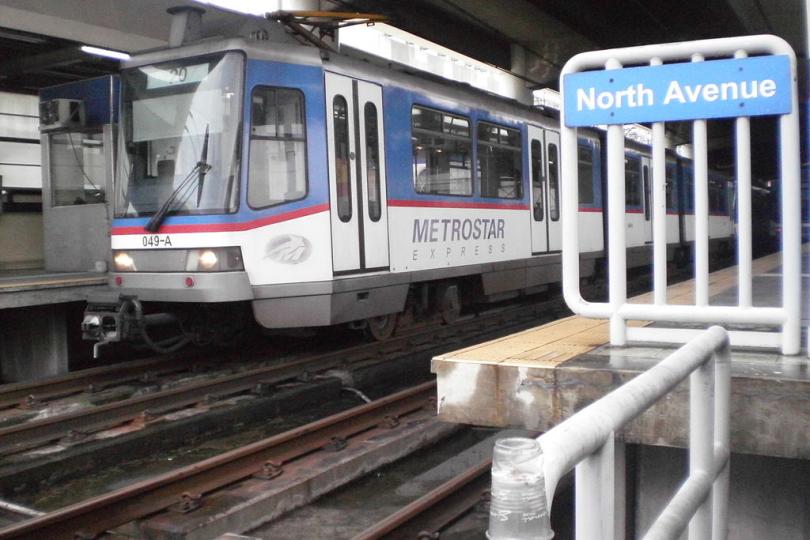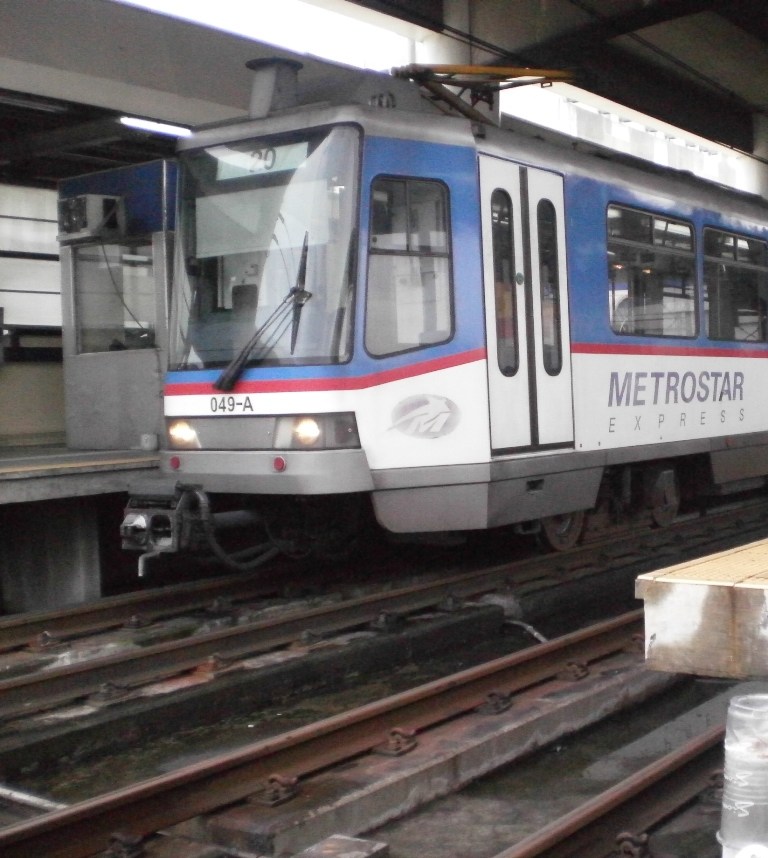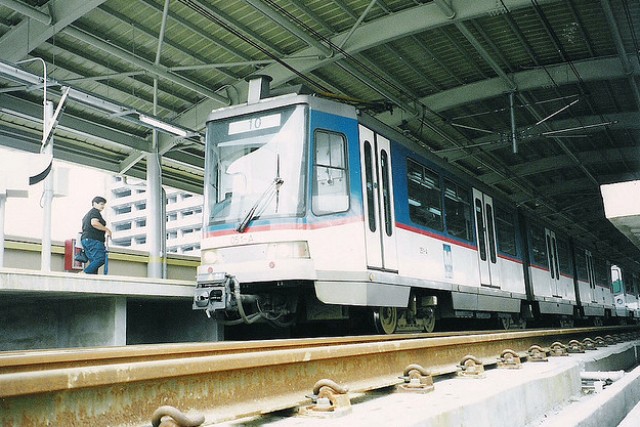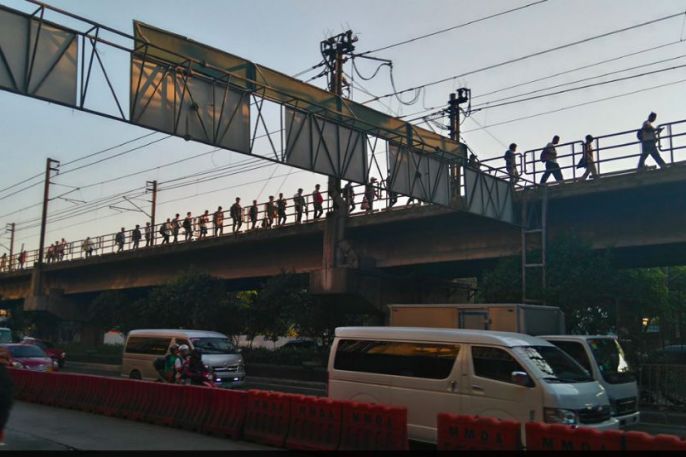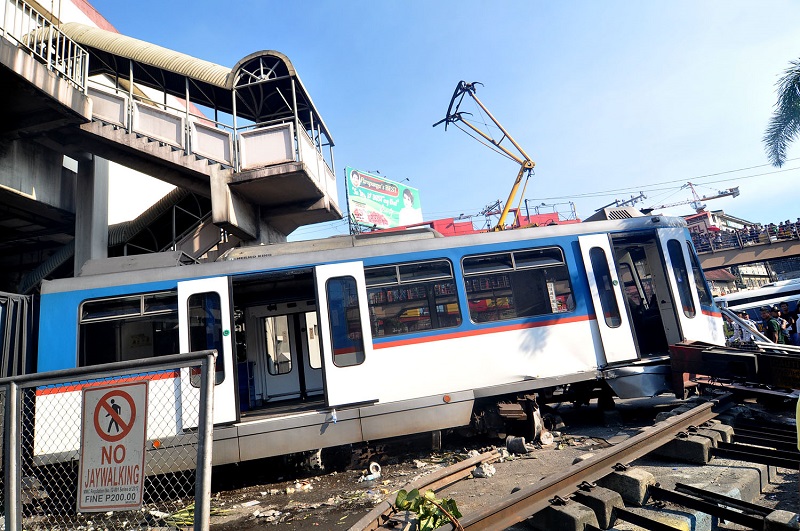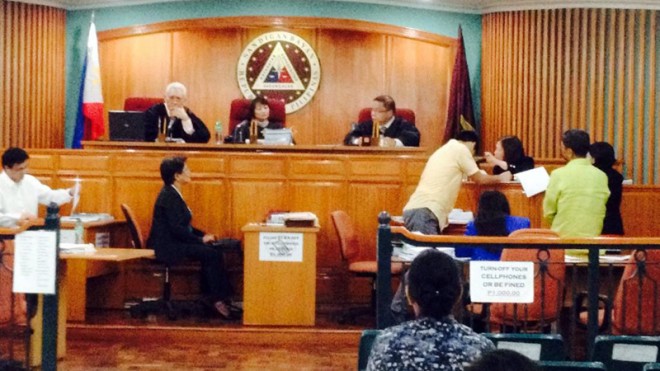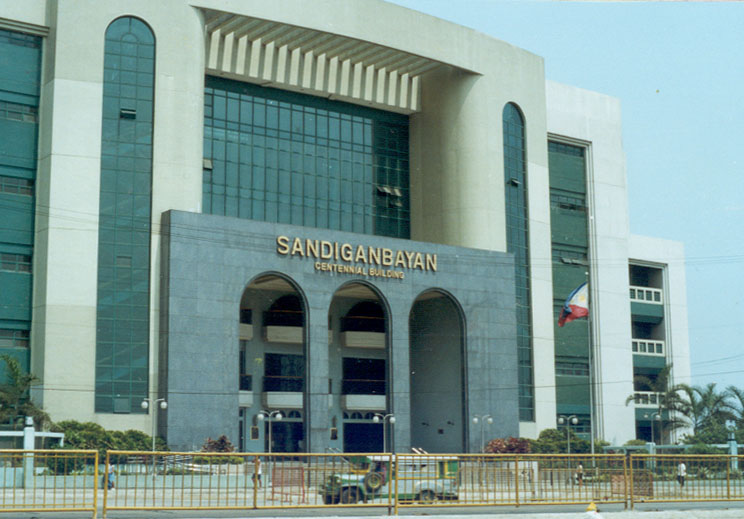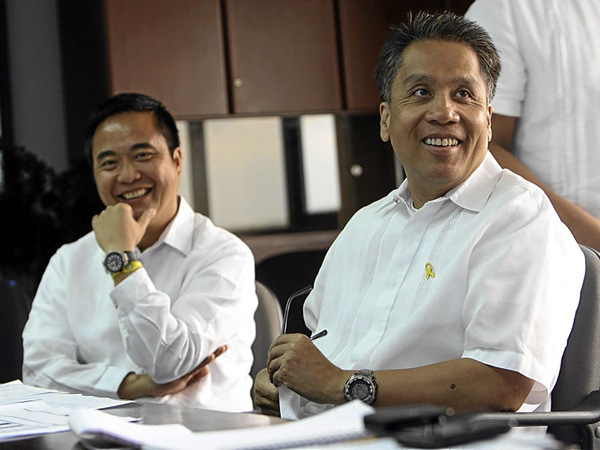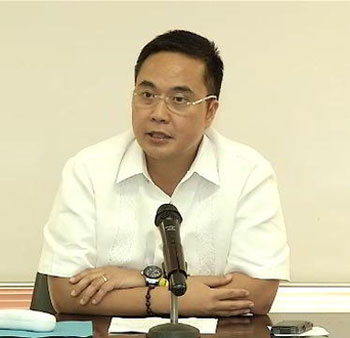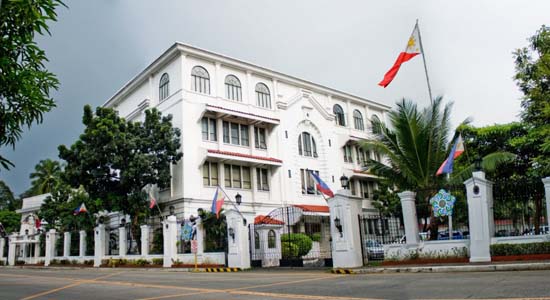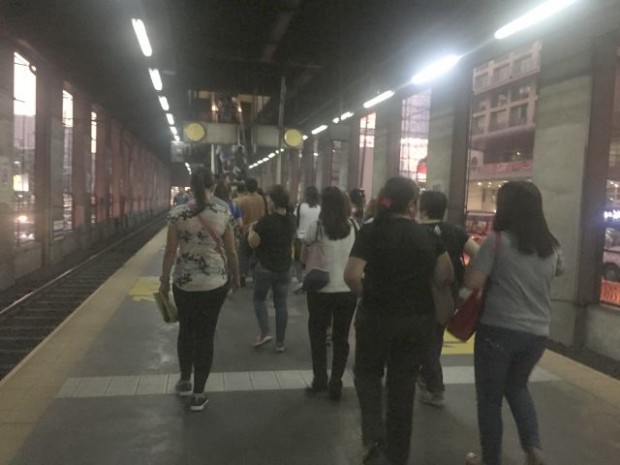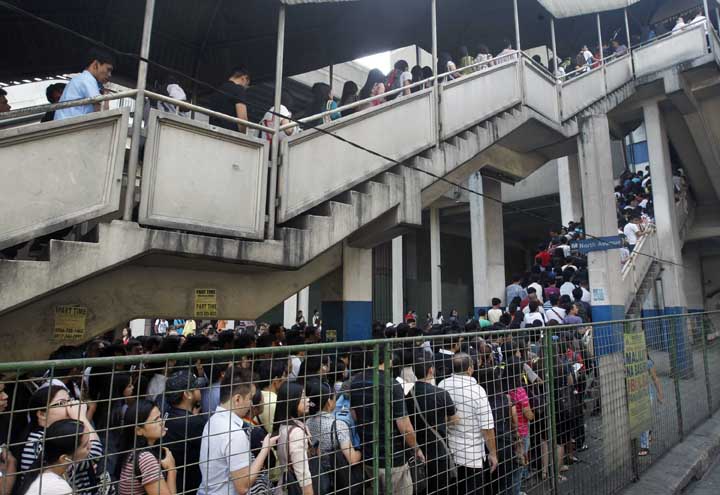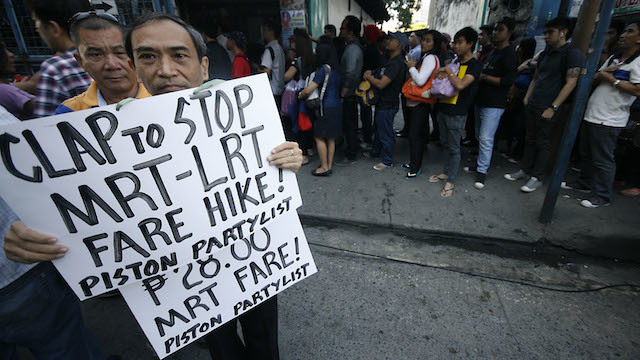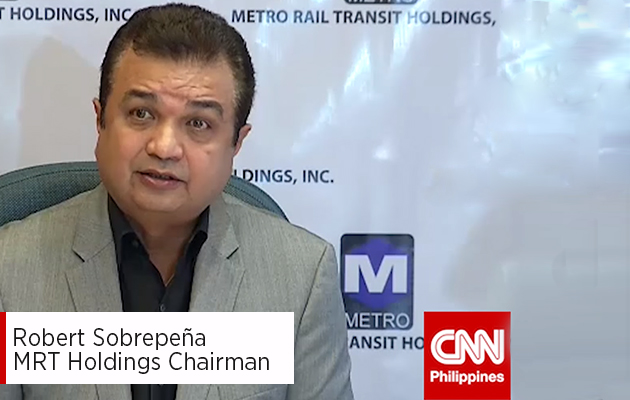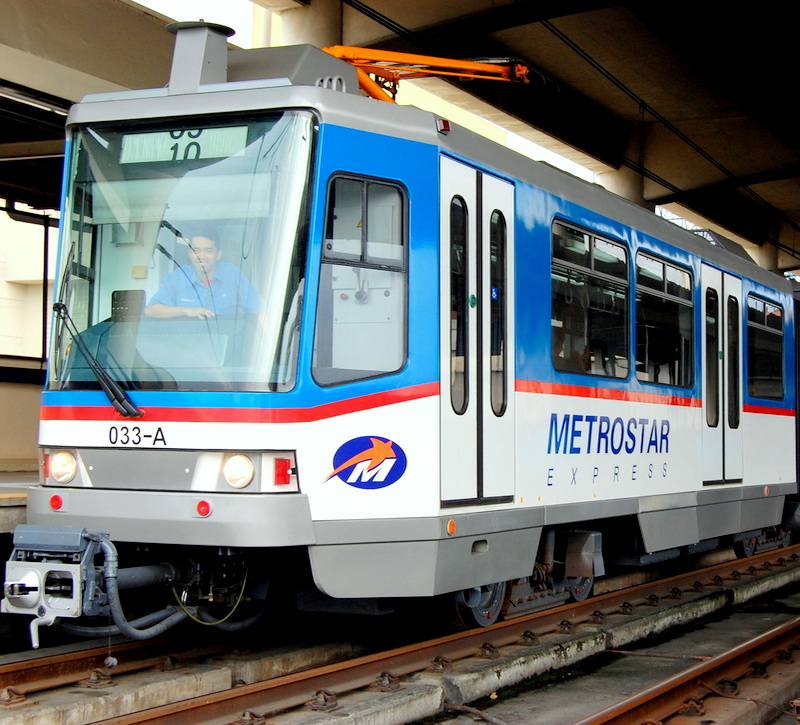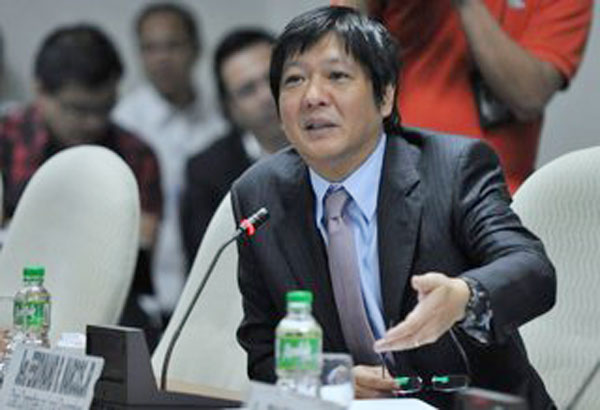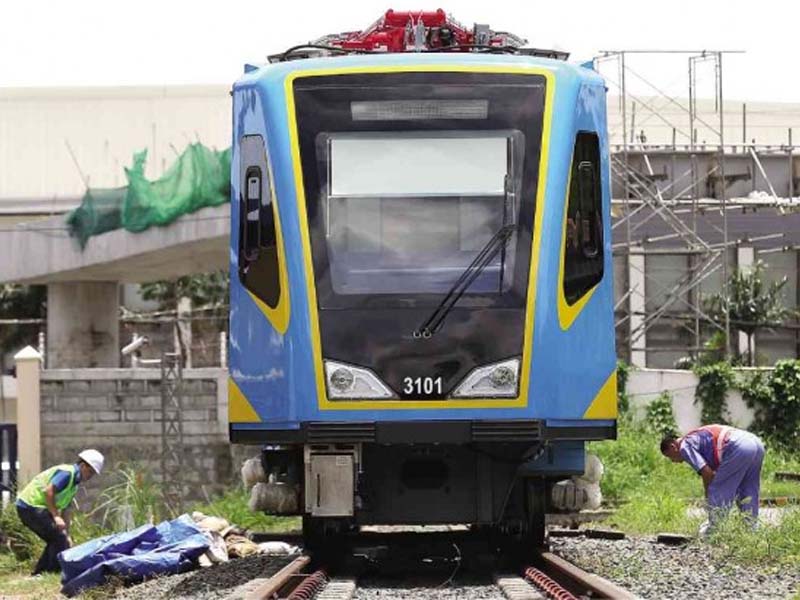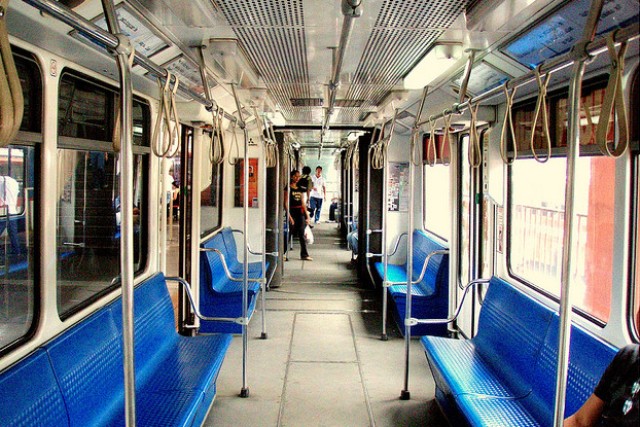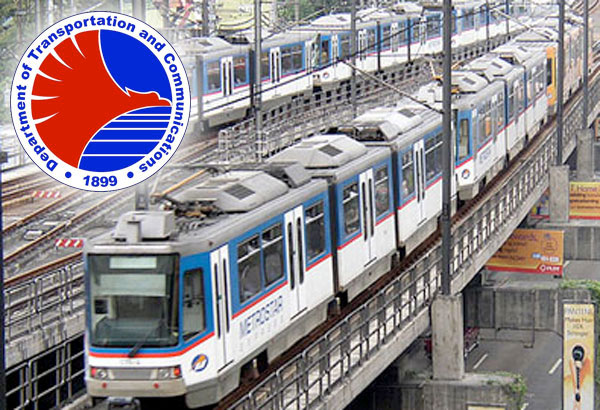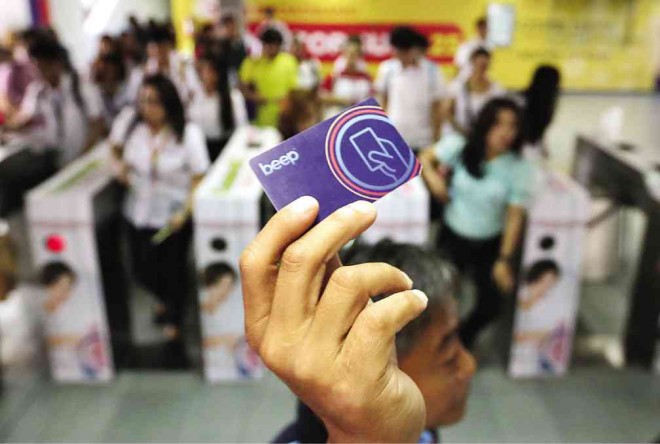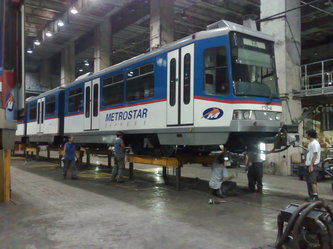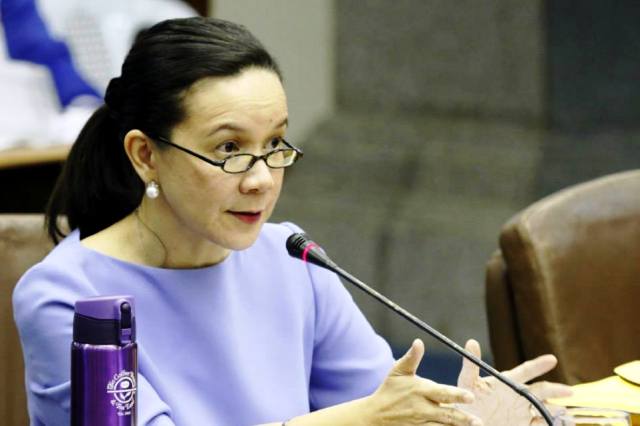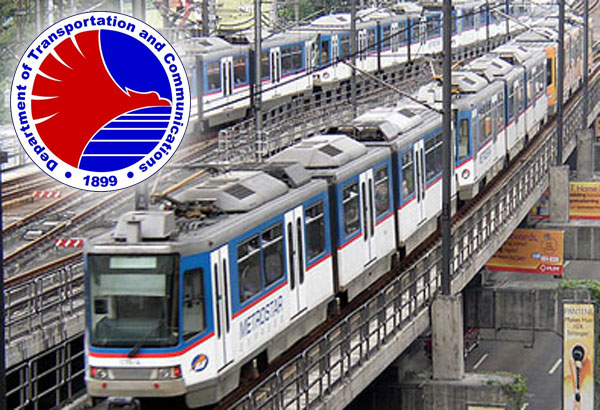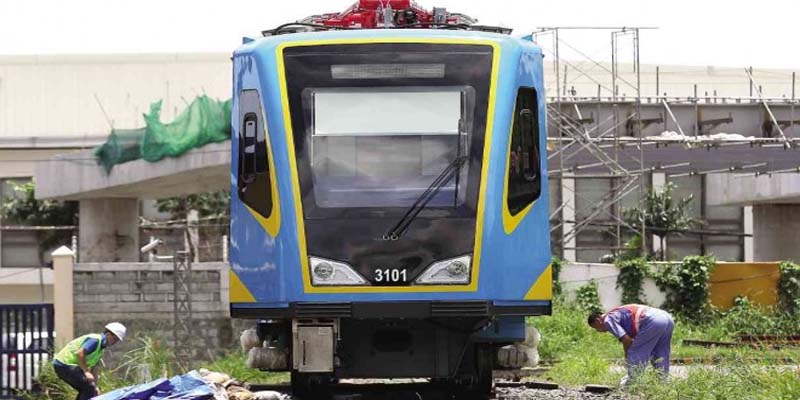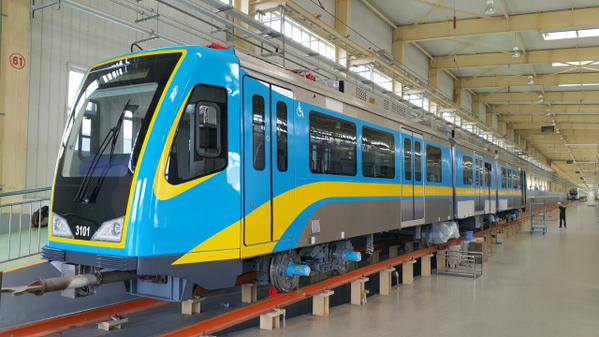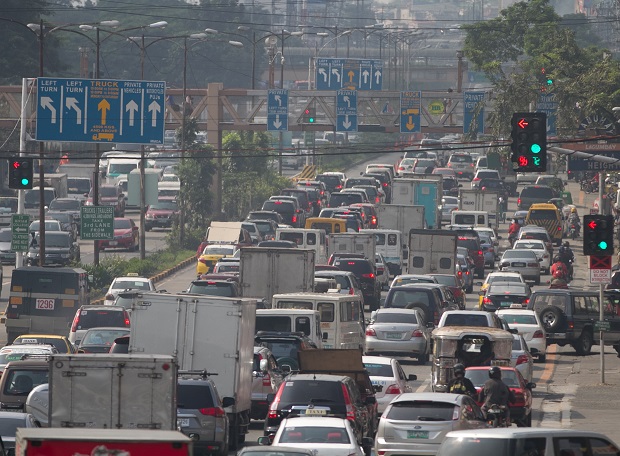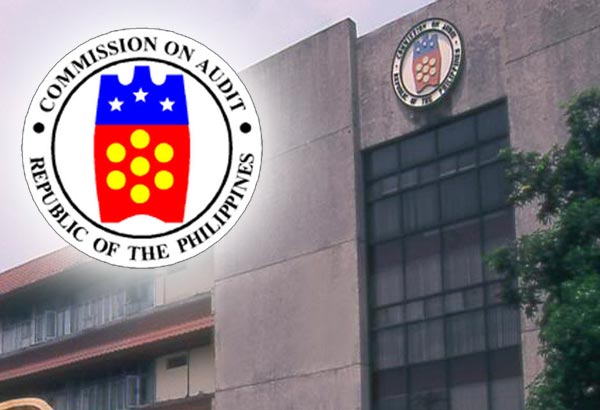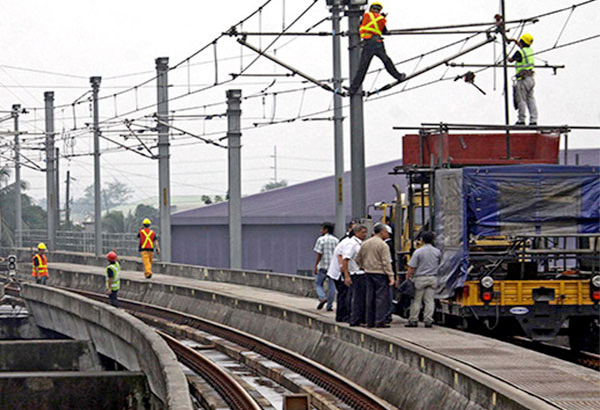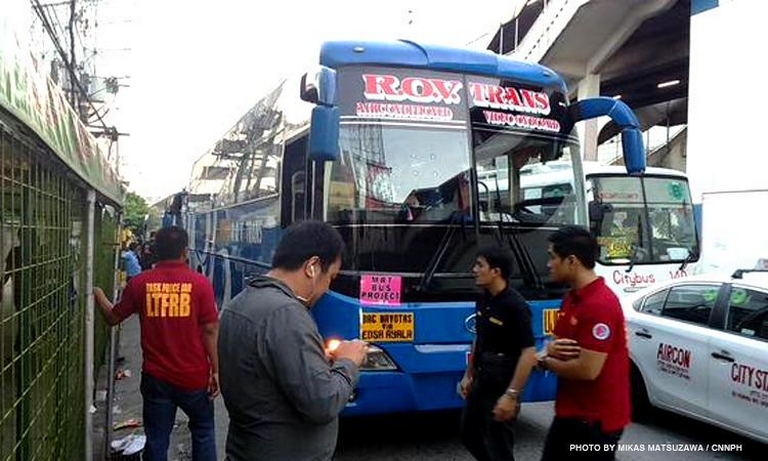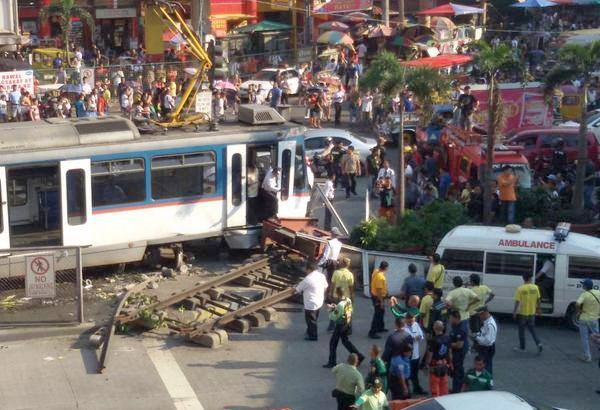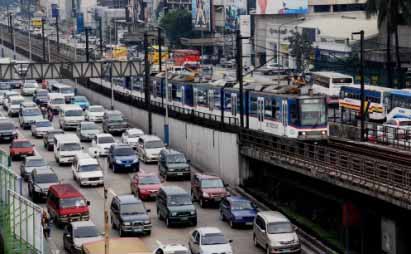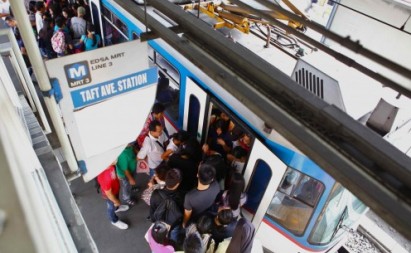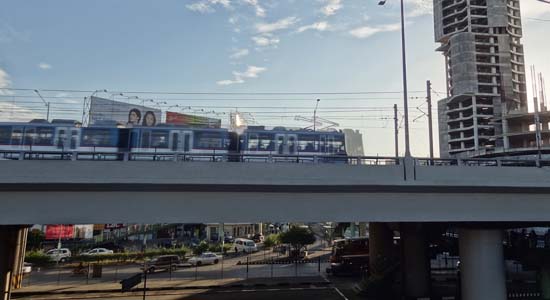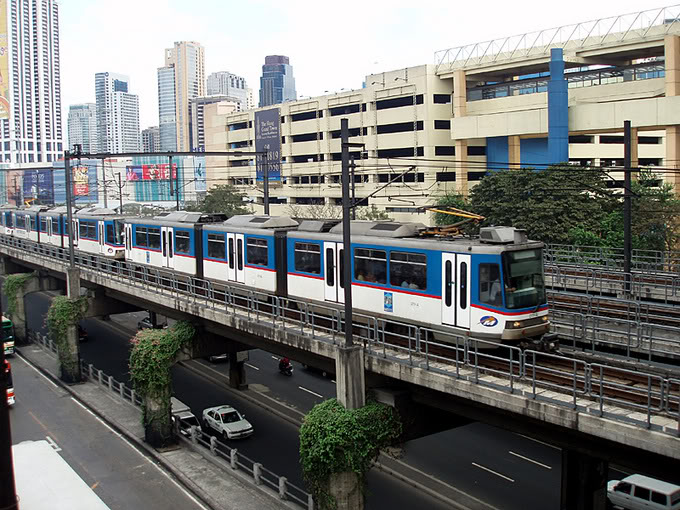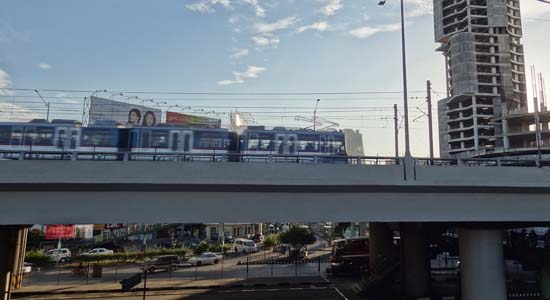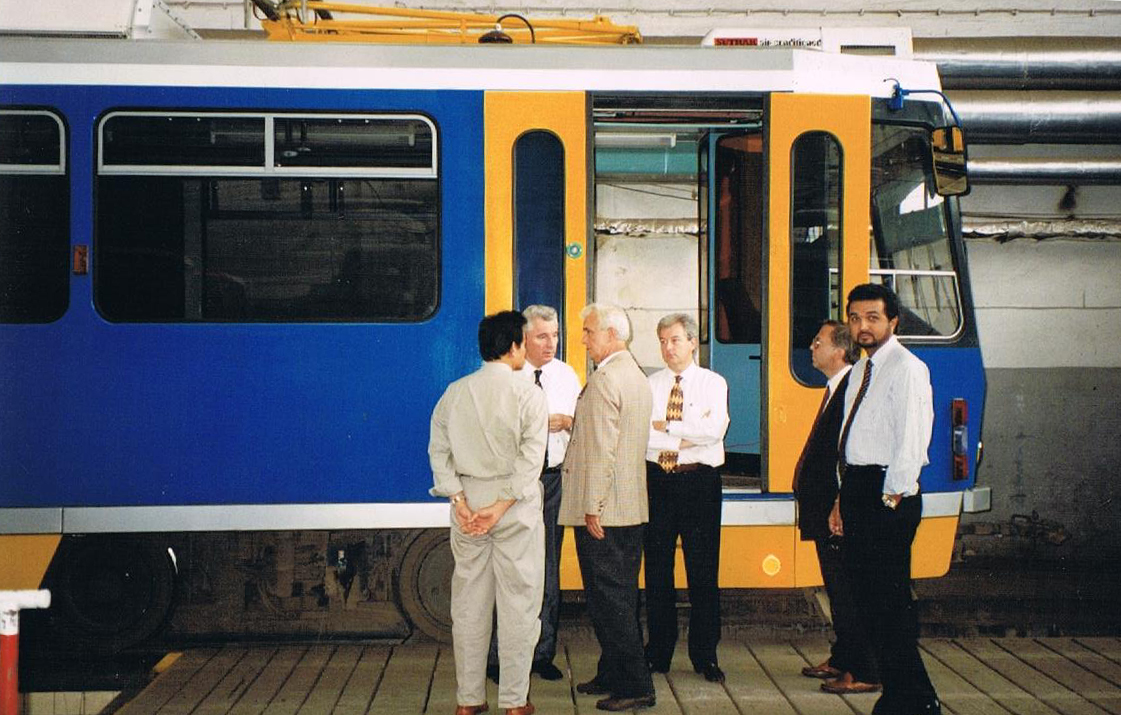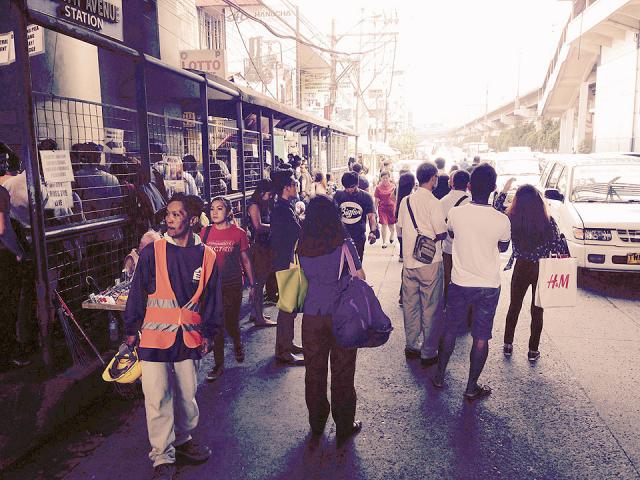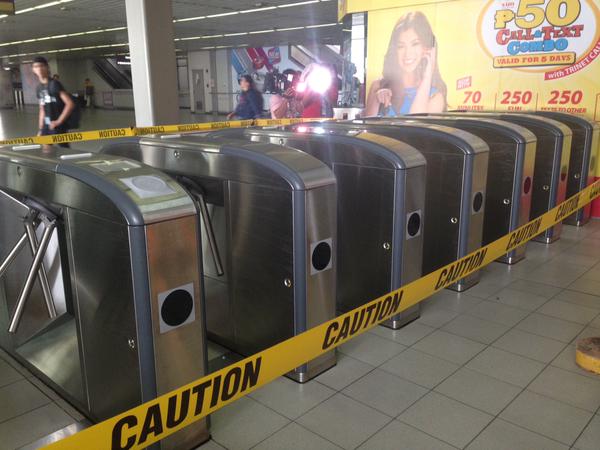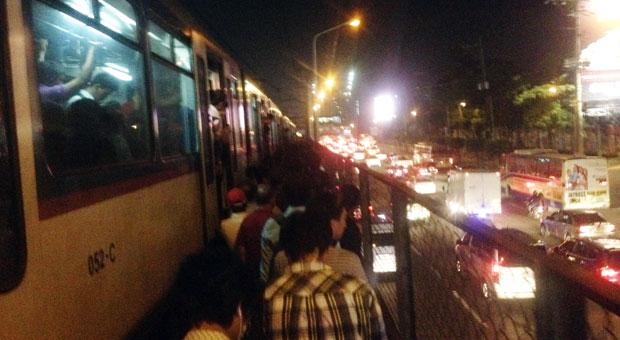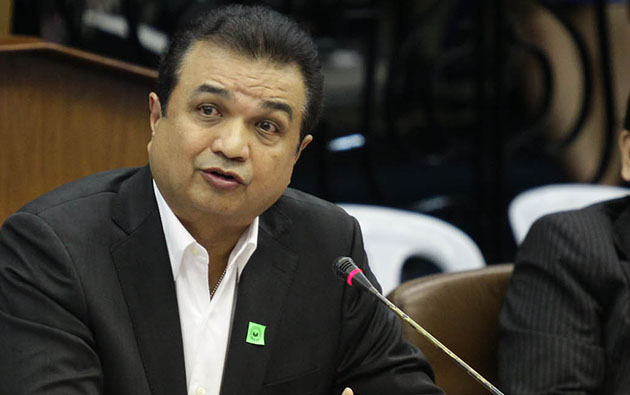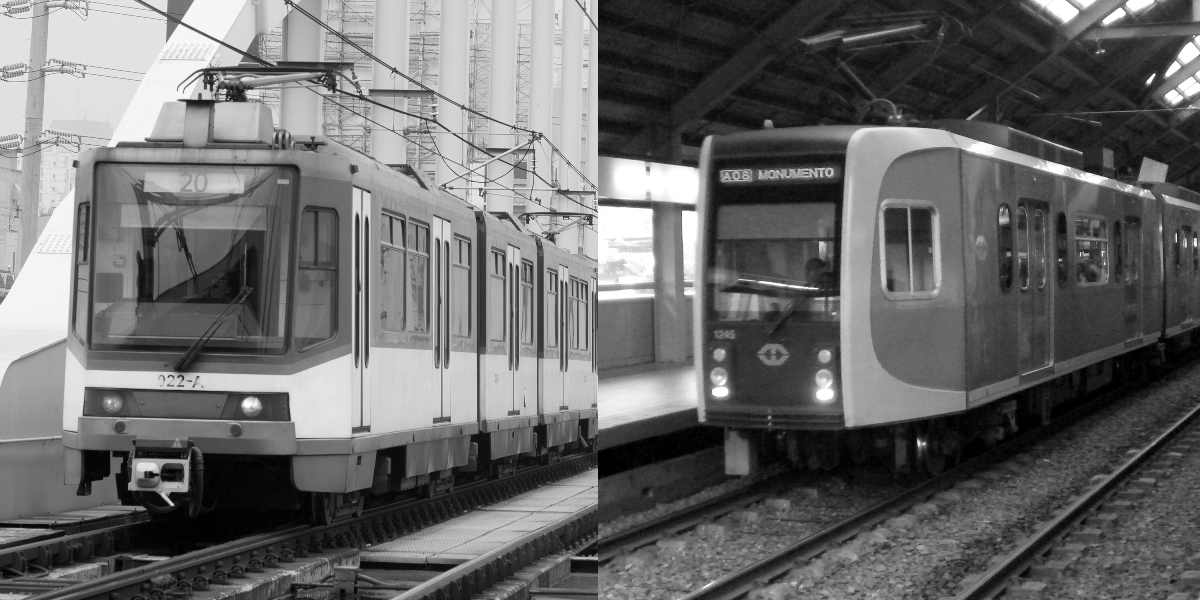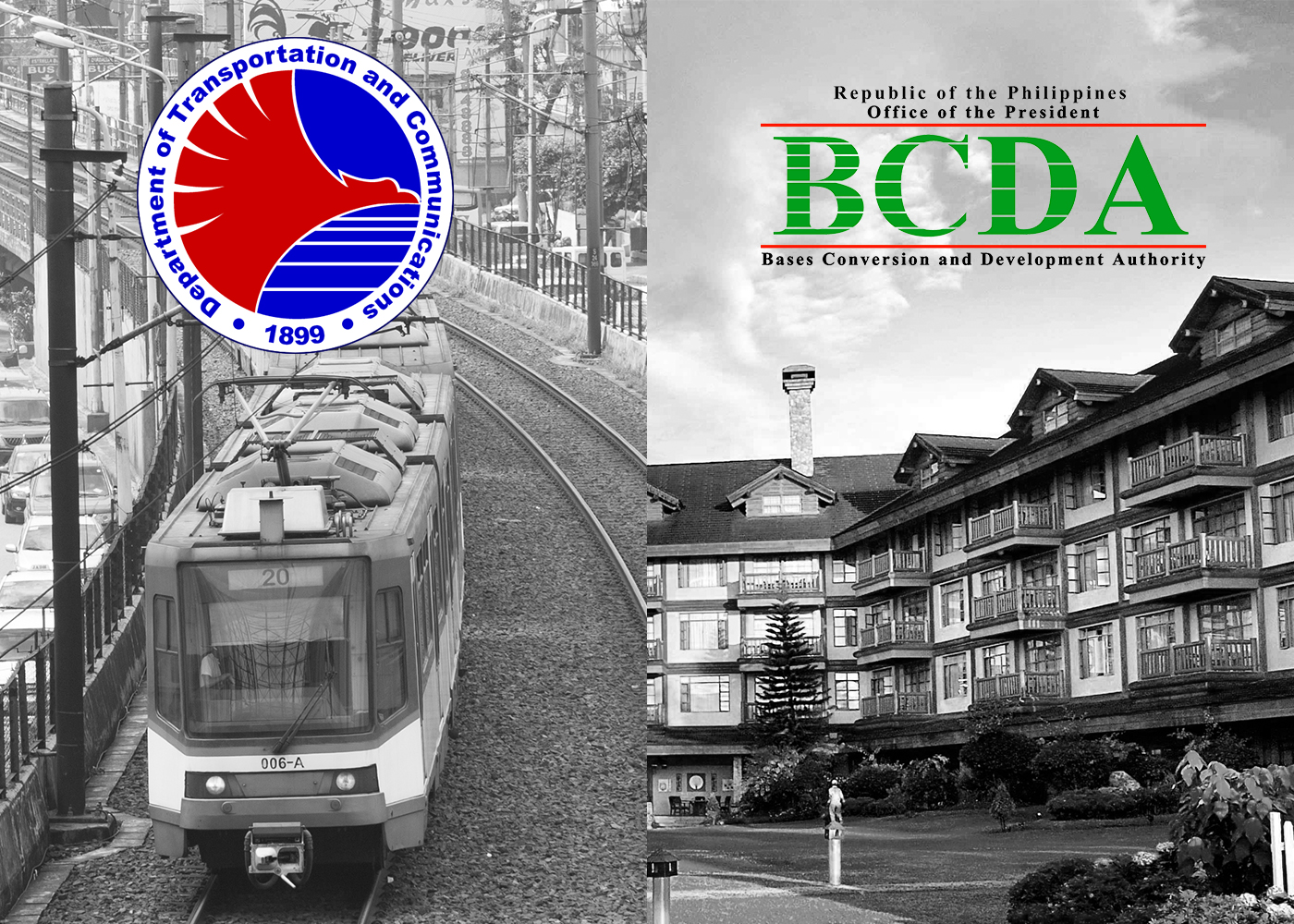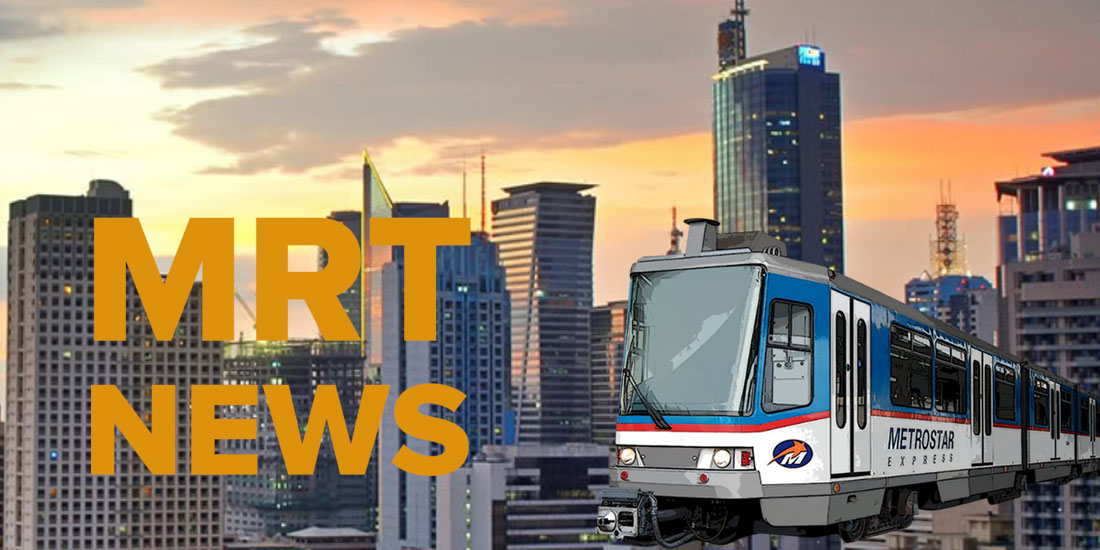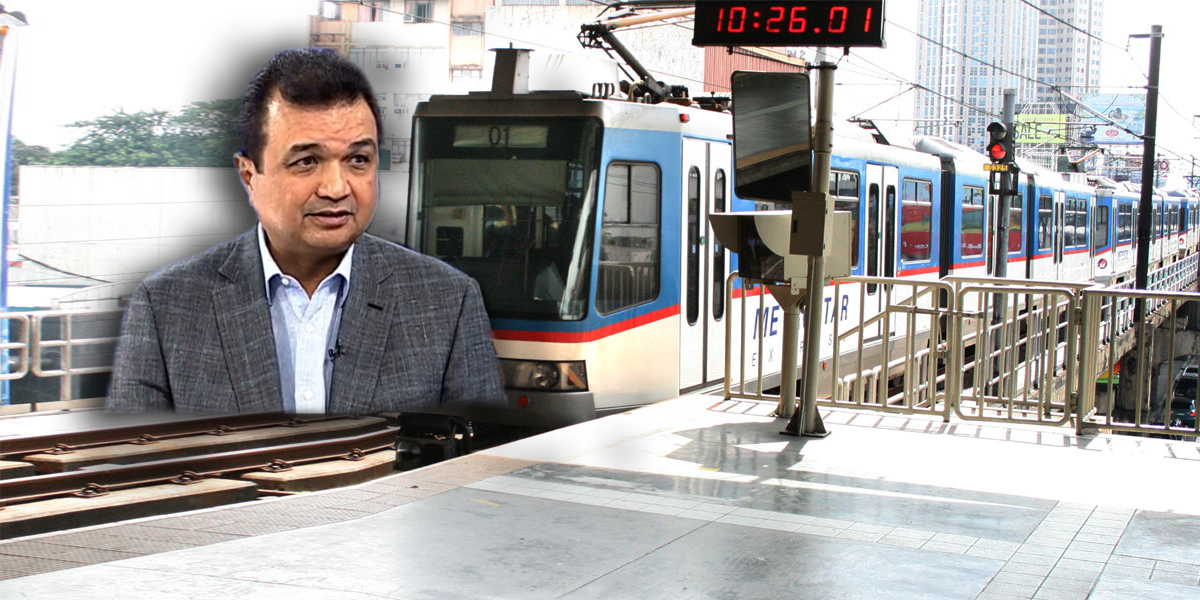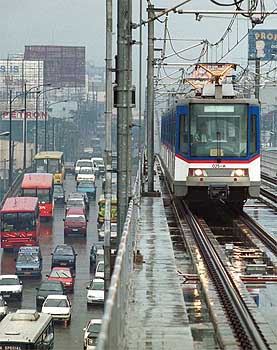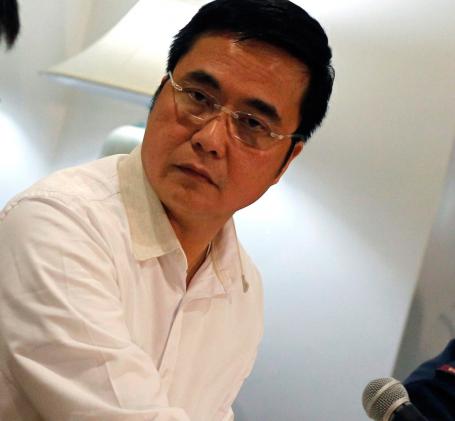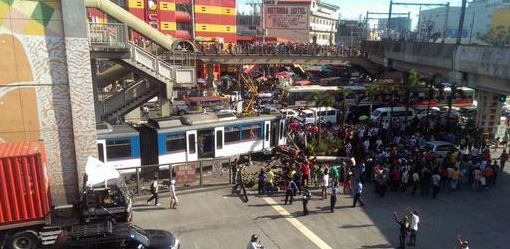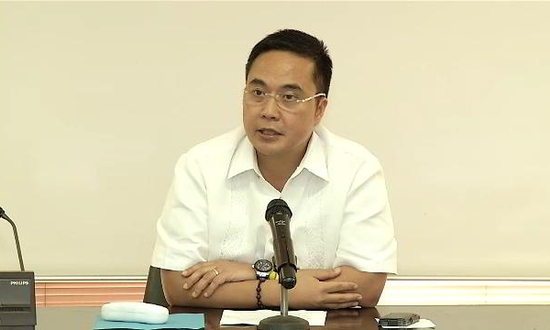By Paolo Romero | The Philippine Star | December 17, 2014
MANILA, Philippines - The full audit report of the MTR Hong Kong on the MRT-3 was presented yesterday at a congressional hearing with railway experts warning that the continued operation of the commuter train could lead to “substantial casualties” among its passengers and crew.
The assessment was presented during the hearing of the House committee on Metro Manila development, which is conducting an inquiry into the series of accidents at the MRT-3 blamed to mismanagement and poor maintenance.
“It will be on the conscience of the DOTC (Department of Transportation and Communications) if something bad happens to the riding public who take the MRT-3. It’s a catastrophe waiting to happen and we want to prevent that,” Quezon City Rep. Winston Castelo, chairman of the panel, said.
The report was commissioned by the MRT Corp., which earlier complained of the lack of cooperation from the DOTC when officials of the MTR came to the country to inspect the facilities of the MRT-3.
A portion of the summary report was presented to the panel by MRTH-II chief executive officer Robert Sobrepena but was cut short when Catanduanes Rep. Cesar Sarmiento, who joined the hearing, questioned his authority.
The MTR report said certain parts of the MRT-3 system are now unsafe for operations. The report especially mentioned the unsafe tracks and noted a four-fold increase in broken rails cases over the past three years, and now requires immediate attention.
Before the turnover from Sumitomo —the previous maintenance provider —there were only four cases of broken rails reported, which were immediately repaired.
In the past year alone, there have already been 22 cases of broken rails. Last Dec. 8, in one morning alone, there were three broken rails reported.
“A broken rail is a serious threat to the safe operation of a railway. It can potentially cause train derailment resulting in substantial casualties in a high usage system like MRT3,” the report said.
“Trackworks” in the report, received a rating of “Poor,” meaning it is unsafe for continuous operations.
“The track condition is found to be in a poor and unacceptable condition to allow continuous safe operation of the railway up to its designed standard. In fact, starting from Aug. 20, 2014, the running speed was restricted to 40 kilometers per hour from 65 kph to reduce the safety risk posed to the passenger. While it may help to reduce the chance of rail break in the short term, it does not obviate the need to put forward an immediate plan to correct the situation,” it said.
“Station facilities were also rated “Poor” by MTR Hong Kong. While the MRT has 46 escalators provided by Mitsubishi and Schindler, as of Aug. 29, 2014, 10 were out of order due to lack of spare parts.
MRT-II, the private owners of the MRT urged that the present maintenance provider be replaced with one that can assume a “single point of responsibility,” who will purchase spare parts, to ensure the safety of the riding public.
Lawmakers urged the DOTC to consider the offer of Metro Pacific Investments Corp. (MPIC) to rehabilitate and expand the MRT-3.
“The global trend now is to privatize, and the DOTC pushing for an equity buy-out is the reverse. Why should we spend a single centavo in taxpayers’ money when private companies are offering to do the same, at no cost to the government?” Castelo said.
MPIC submitted its proposal to the DOTC on Jan. 17, 2011.
MPIC president and chief executive officer Jose Ma. Lim told lawmakers that under their proposal, they will complete the acquisition of the equity of MRT Corp., upon approval by the government of the transfer of ownership.
It will then spend P23.3 billion to cover the acquisition of 73 new light railway vehicles (LRVs); rehabilitation of existing assets, including 28 LRVs; and installation of a new signaling system.
MPIC will waive the government guaranteed return of 15 percent, assume market risks and assume the cost and responsibility for proper maintenance.
Lim said the company is willing to accept a tariff of P28 on average, which was the approved tariff of the National Economic and Development Authority and is even lower than the airconditioned bus fare for the same distance.
The MPIC official also said that the company is willing to reimburse the DOTC for the trains it bought from Dalian China.

 Twitter
Twitter Facebook
Facebook